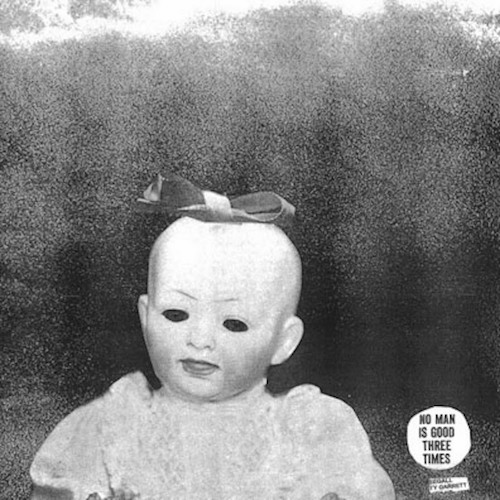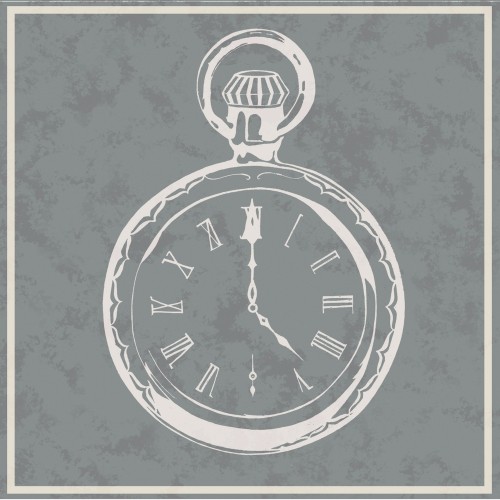 Release Date: March 19th, 2013
Release Date: March 19th, 2013





Alabama native gone Brooklyn, Mathew Houck, returns as Phosphorescent for his fifth studio release, Muchacho, this March via Dead Oceans. This album is a follow up to 2010’s Here’s to Taking it Easy and was supposedly written from a beachside hut in Mexico over the course of a week. The finished product draws on traditional folk and country, depicting awe-inspired landscapes bathed in a nostalgic glow.
The opener, “Sun, Arise!” enters with waves of synth glockenspiel and Houck’s vocals layered in lush harmonies. Dramatic pauses and airy climaxes evoke images of open plains and bright blue skies. The music swells and dips, then fades and is met by the ghostly violin intro to “Song for Zula.” Ambient synths color the background while drums mark tempo below. Houck sings, “I know love as a fading thing/just as fickle as a feather in a stream.” The structure is a standard verse-chorus-verse, but the music isn’t going for unpredictability. The focus lies on Houck’s lyrics and the poetry embedded within.
Track three, “Ride On/Right On,” is more upbeat, driven by light drumming and the rhythmic rattling of chains. In the corners of the stereo plane are crunchy wah-wah guitars strumming vaguely discernible rhythms. Houck’s bouncy vocals reflect a contented mood, but the lyrics are less powerful as a result, relying heavily on the repetition of, “You took me right on.”
“A Charm/A Blade” is another track steeped in self-reflection. The lyrics examining the value of a New York musician’s life, “Dress me down in New York crown/lay me down and pull me up/tell me everything’s been sold/tell me anything, I’ll go.” The musicianship is stepped up as well, with blaring horns at the chorus and a wandering piano line throughout the verses. This track is one of the strongest on the album, thanks to its instrumental diversity and the honesty of its lyrics.
Track eight, “The Quotidian Beasts,” brings about a much-needed shift in songwriting. Slide guitar and violin play a prominent role, and while Houck’s vocals are still at the forefront, they’re seemingly content sharing center stage.
On the other hand, the track is seven minutes long, two of which are an uninspired jam session, and the music quickly grows tired.
The album’s closer, “Sun’s Arising,” revisits lyrics and harmonies heard in the album’s intro. Instead of using synth to establish atmosphere, Houck uses acoustic guitars, tambourine, and a number of hand drums. The resulting music lulls listeners into a revelatory trance, and ends with a warm vocal chord that fades into silence.
Exploring Muchacho by Phosphorescent can be a refreshing challenge, as it encourages its audience to listen from a lyrical standpoint. Much of the album’s depth is gleaned from analyzing the lyrics and appreciating how they’re woven into the music. On the other hand, the music by itself is often boring and predictable. It consistently relies on standard verse chorus verse, and rarely diverts from its languid, nostalgic moods. In short, it gets old. On the whole, the album is a success if spacious, reflective folk music is of interest, but if craving an album that challenges the ear, don’t bother with this one.
Phosphorescent – Muchacho tracklisting:
- “Sun, Arise! (An Invocation, An Introduction)”
- “Song for Zula”
- “Ride On/Right On”
- “Terror in the Canyons (The Wounded Master)”
- “A Charm/ A Blade”
- “Muchacho’s Tune”
- “A New Anhedonia”
- “The Quotidian Beasts”
- “Down to Go”
- “Sun’s Arising (A Koan, An Exit)”


